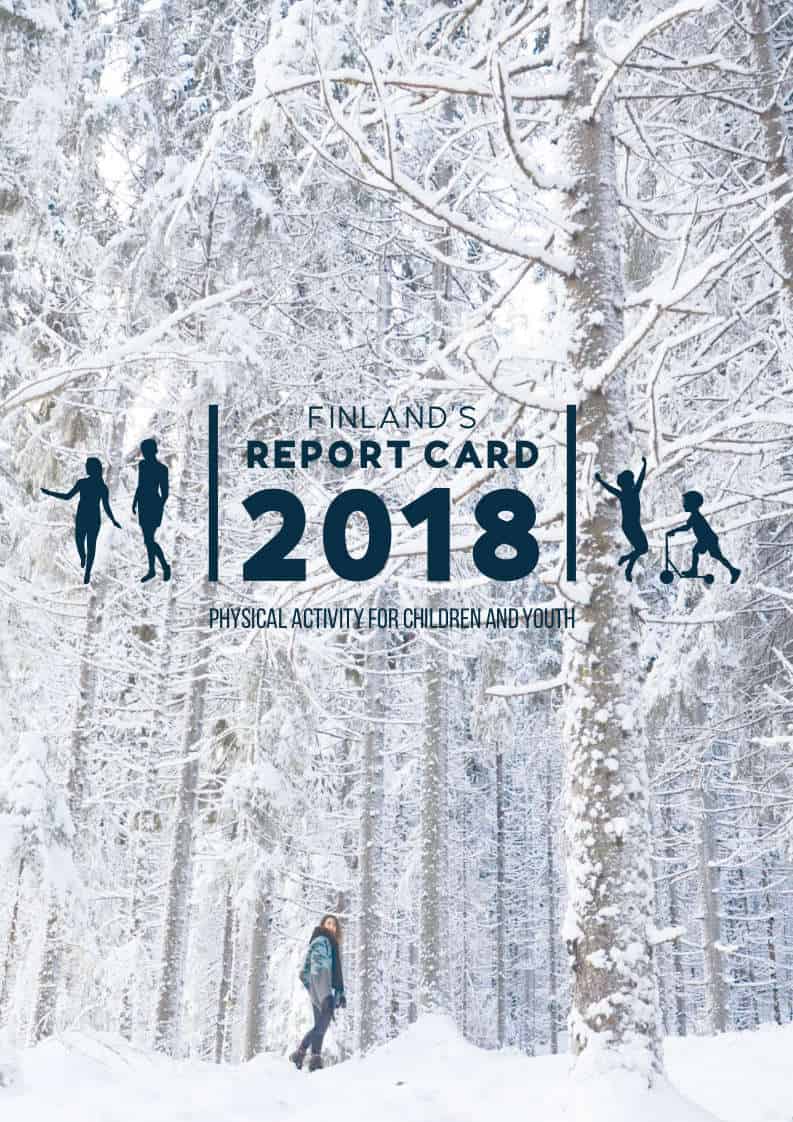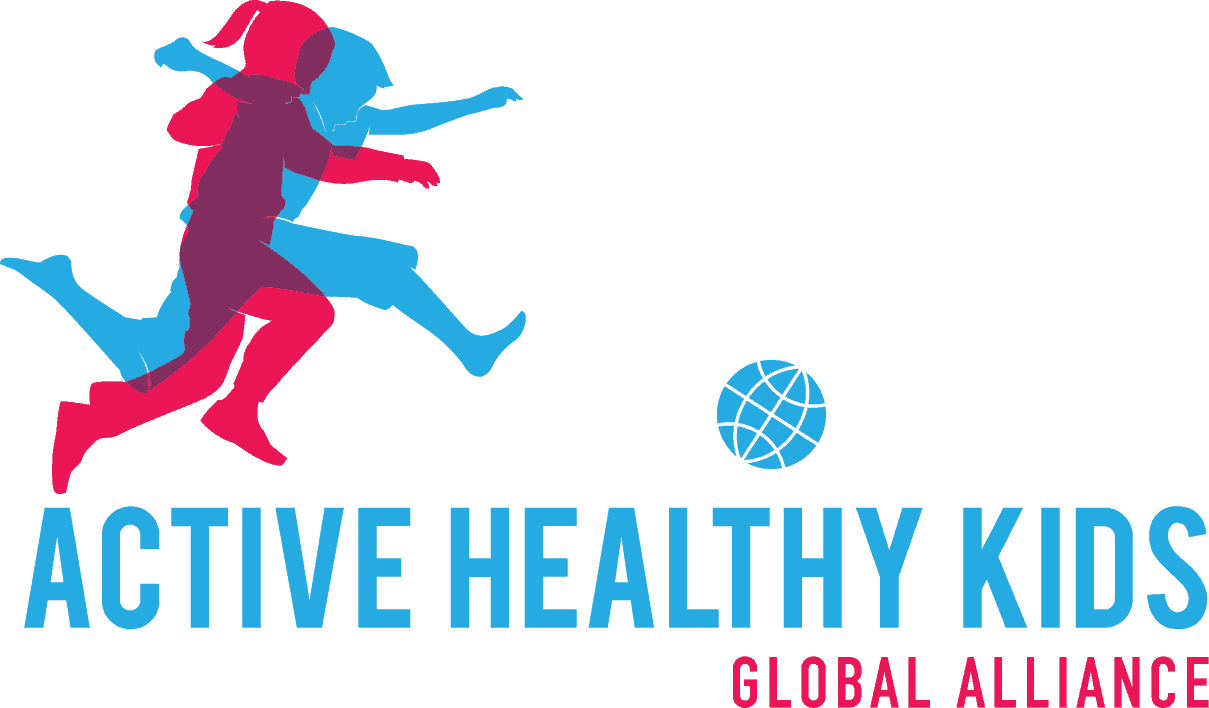
09 Nov Finland’s 2018 Report Card on Physical Activity for Children and Youth Has Been Launched
Finland’s Report Card 2018 is a compilation of recent research results on the status and promotion of physical activity among children and adolescents. Finland’s Report Card and its summary can be downloaded at www.likes.fi/reportcard.
Physical activity for children and adolescents consists of several different parts throughout the day, and it is strongly connected to everyday routines, social networks and the living environment. Through the latest research results, the Report Card sheds light on the state of physical activity of children and adolescents, as well as how it can be promoted in Finland.
Finland’s Report Card 2018 was prepared by five research institutions and 19 experts. The work group included Finnish specialists from different fields, working on research, policy or practices related to physical activity among children and adolescents. The LIKES Research Centre for Physical Activity and Health coordinated the compilation process. Finland’s Report Card was prepared as part of a global alliance, and the Global Matrix 3.0 of 49 countries will be published in November 2018.
In the Report Card, physical activity is examined and presented through 11 indicators. The different indicators were assessed by a group of specialists according to international instructions.
The global comparison focuses on school-aged children and adolescents. In Finland, preschool-aged children and upper secondary students were also included in the Report Card. The results include all children and adolescents and the physical activity of children and youth with disabilities is described in a separate chapter.
Positive development in the 2000s
In addition to the latest research results, the Report Card outlines changes in physical activity during the 2000s. Positive development can be seen in Finland in terms of physical activity of children and youth. The proportion of 11–15-years-olds who meet the physical activity recommendations has risen and the share of those who are physically least active has fallen over the past decade.
Decisions that facilitate and prevent physical activity for children and adolescents are being made at all levels of society. The entire society is responsible for promoting the health and physical activity of children and adolescents, and this requires multidisciplinary cooperation between different operators. The effects of decision-making can be seen concretely in the everyday lives of children. The work group encourages decision-makers at all levels – nationally, regionally, in municipalities, education institutes, sports clubs and families – to facilitate physical activity for children and youth and eliminate barriers to it.
For more information, please visit www.likes.fi/reportcard.


